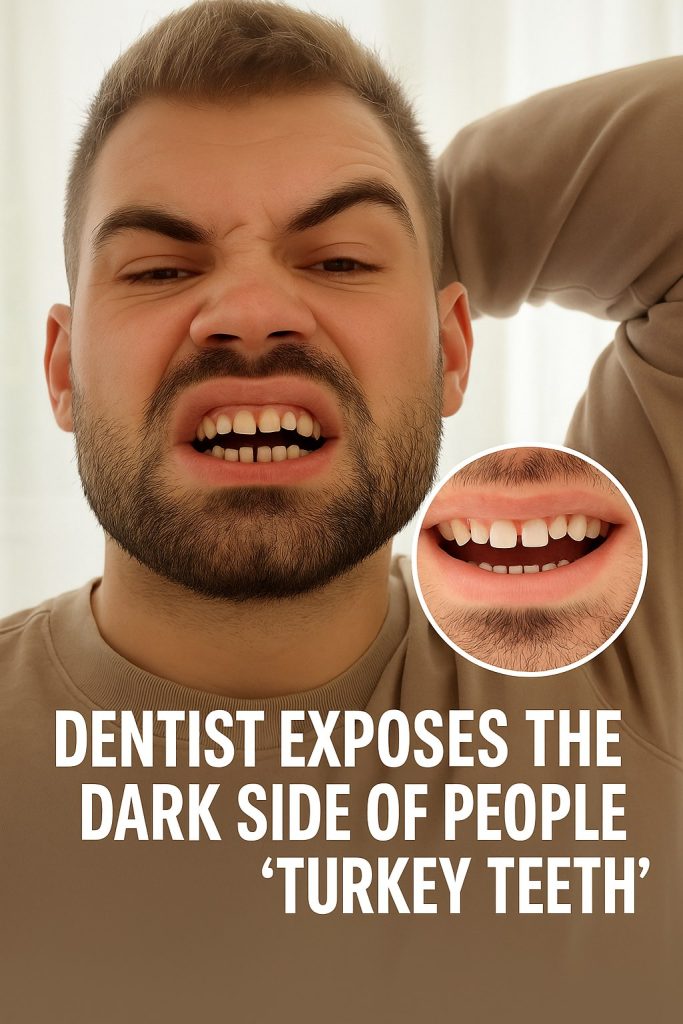In recent years, the phenomenon known as “Turkey teeth” — where patients travel to Turkey to receive cosmetic dental treatments at lower prices — has surged in popularity. Promoted widely on social media platforms for its affordability and rapid results, this dental tourism trend has attracted thousands seeking perfect smiles abroad. However, a growing chorus of dental professionals is raising alarms over the potentially serious risks and complications associated with these procedures, warning that the allure of cheap cosmetic dentistry could come at a costly price down the line.
Turkey has become a hotspot for dental tourism due to its competitive pricing, modern clinics, and skilled dental teams. Treatments often include porcelain veneers, crowns, implants, and full-mouth reconstructions. While many patients leave satisfied initially, some end up facing significant medical problems months or even years later.
Experts caution that not all clinics adhere to the highest standards of hygiene, patient care, or material quality. Problems documented by dentists in 2024 include infections, poorly fitted restorations, premature failure of implants, and irreversible damage to underlying teeth and gums. Because many patients travel internationally for these procedures, follow-up care is often neglected or complicated, leaving complications untreated.
“Patients are often drawn in by lower prices, but the reality is that the materials used and the clinical protocols in some places may not meet the rigorous standards expected in their home countries,” says a dentist experienced in restorative and cosmetic treatments. “We’ve seen cases where cheap crowns degrade quickly or poorly placed implants cause bone loss. For someone paying a premium for their smile, these are not minor issues — they can lead to serious health consequences and expensive corrective work.”
Another key concern is lack of transparency and informed consent. Some clinics use aggressive marketing tactics and provide limited information about the risks or the qualifications of the dentists performing the treatments. Language barriers and rushed procedures compound the risks.
Experts urge prospective patients to conduct thorough research and seek consultations with licensed professionals before making decisions. According to recent reports, there have been growing calls within the dental community to establish clearer international guidelines for dental tourism and to educate patients about the long-term consequences of poorly executed cosmetic dentistry.
Moreover, dentists highlight that not all “Turkey teeth” experiences are negative — many clinics provide excellent service and care — but the variability is what makes this trend risky. Potential patients must remain vigilant and prioritize safety over cost savings.
In summary, while affordable and aesthetically appealing, dental tourism in Turkey carries hidden risks that could lead to severe complications, including infections, restoration failures, and oral health deterioration. The message from dental professionals is clear: looking beyond the price tag and understanding the full scope of treatment implications is essential to avoid “huge problems down the line.”



